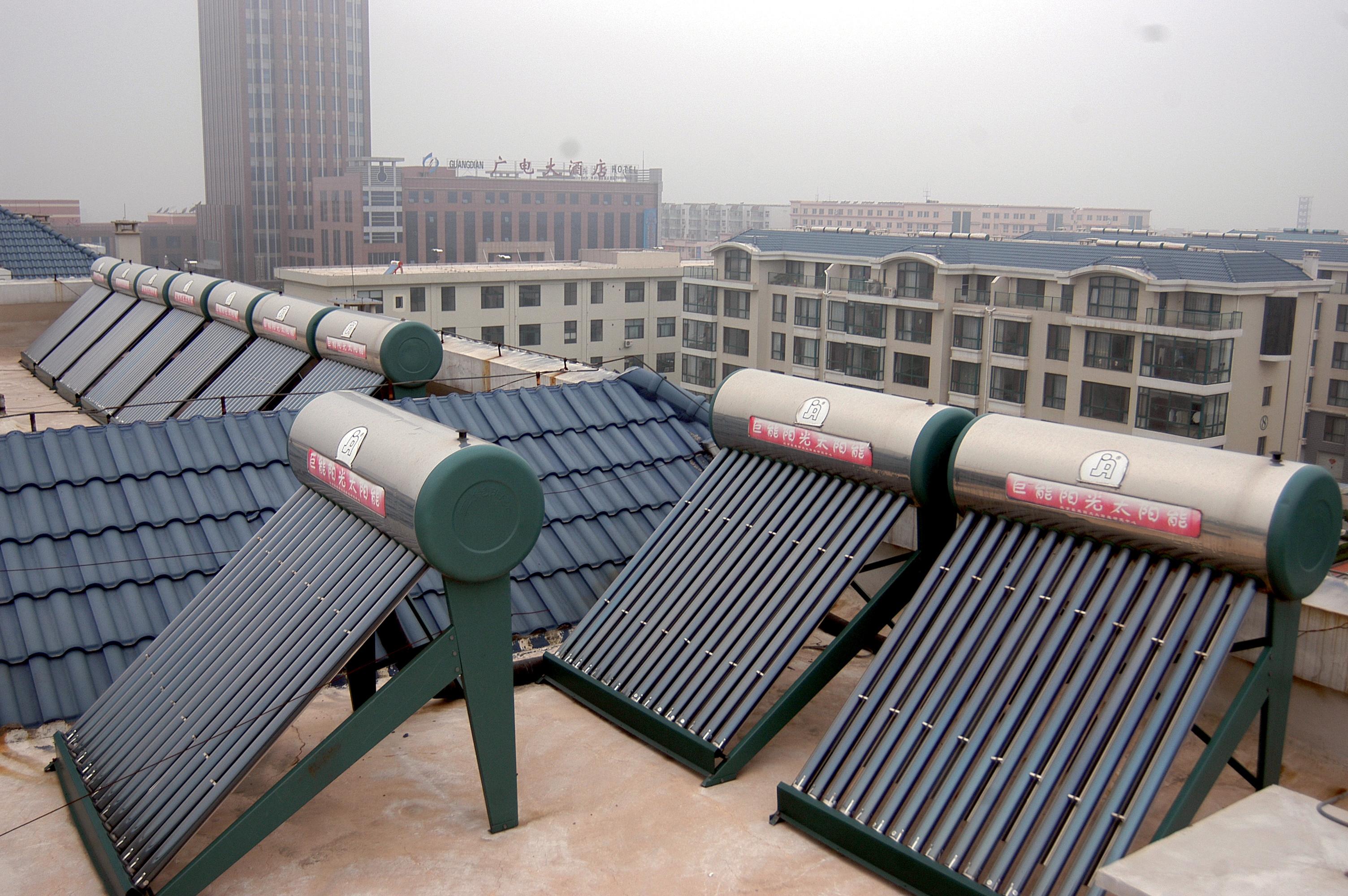The US, meanwhile, has abandoned the role of a pioneer. President Donald Trump called global warming "an expensive hoax" and led the country out of the Paris climate agreement. The US also lost global leadership in the solar industry, which is estimated at $ 100 billion. Yes, the Americans were the first to create the technology of solar panels in the 1970s, but it remained on the periphery of science for a long time - until China came and did what it does best. It's about mass production, and with incredible speed and scope.
As a result, over the past two years, the cost of solar panels has fallen by 80%. Four of the five panels installed today around the world are manufactured in China. "China's investment in solar energy is a gift to the whole world," says Amit Ronen, director of the Institute of Solar Energy at George Washington University. As in the case of conventional solar farms, the idea of floating structures is not new. Previously, they were used in Japan, Israel and the United States. But China has again bypassed everyone and created the world's largest floating network.
Here there are advantages: being on the water, the solar panels cool faster, which increases their efficiency by 10%. The absence of dust and dirt guarantees a longer, trouble-free operation. In addition, water can be used to clean systems, which minimizes the amount of waste. Finally, it's just cheap. However, low costs for solar energy have become bad news for American manufacturers. The United States and the European Union accused China of dumping and imposed restrictions on the import of panels and draconian duties of 78%. Still, it did not work: two major solar manufacturers - Suniva and SolarWorld - announced bankruptcy this spring. As a result, the US said that they are going to introduce even more stringent tariffs. It is expected that the decision will be announced in September.
Yet, there is one nuance. Despite the problems of US manufacturers of solar panels, the US remains the largest market for their installation. It is estimated that at least one of the 50 new jobs in the solar industry is associated with installation and maintenance, rather than production. So if Trump introduces protective duties, thereby it will endanger almost 88 thousand jobs. In addition, China has already found a workaround: "If Trump introduces higher tariffs, we will bypass them, first exporting the panels to other countries, and then selling them to the US," says founder of the solar company Marsrock, located in the Chinese city of Xiamen. In 2016, China produced so much green energy that it would be enough for Beijing for 12 months. And the country continues to develop, gradually abandoning the coal mines.
source: time.com
As a result, over the past two years, the cost of solar panels has fallen by 80%. Four of the five panels installed today around the world are manufactured in China. "China's investment in solar energy is a gift to the whole world," says Amit Ronen, director of the Institute of Solar Energy at George Washington University. As in the case of conventional solar farms, the idea of floating structures is not new. Previously, they were used in Japan, Israel and the United States. But China has again bypassed everyone and created the world's largest floating network.
Here there are advantages: being on the water, the solar panels cool faster, which increases their efficiency by 10%. The absence of dust and dirt guarantees a longer, trouble-free operation. In addition, water can be used to clean systems, which minimizes the amount of waste. Finally, it's just cheap. However, low costs for solar energy have become bad news for American manufacturers. The United States and the European Union accused China of dumping and imposed restrictions on the import of panels and draconian duties of 78%. Still, it did not work: two major solar manufacturers - Suniva and SolarWorld - announced bankruptcy this spring. As a result, the US said that they are going to introduce even more stringent tariffs. It is expected that the decision will be announced in September.
Yet, there is one nuance. Despite the problems of US manufacturers of solar panels, the US remains the largest market for their installation. It is estimated that at least one of the 50 new jobs in the solar industry is associated with installation and maintenance, rather than production. So if Trump introduces protective duties, thereby it will endanger almost 88 thousand jobs. In addition, China has already found a workaround: "If Trump introduces higher tariffs, we will bypass them, first exporting the panels to other countries, and then selling them to the US," says founder of the solar company Marsrock, located in the Chinese city of Xiamen. In 2016, China produced so much green energy that it would be enough for Beijing for 12 months. And the country continues to develop, gradually abandoning the coal mines.
source: time.com





